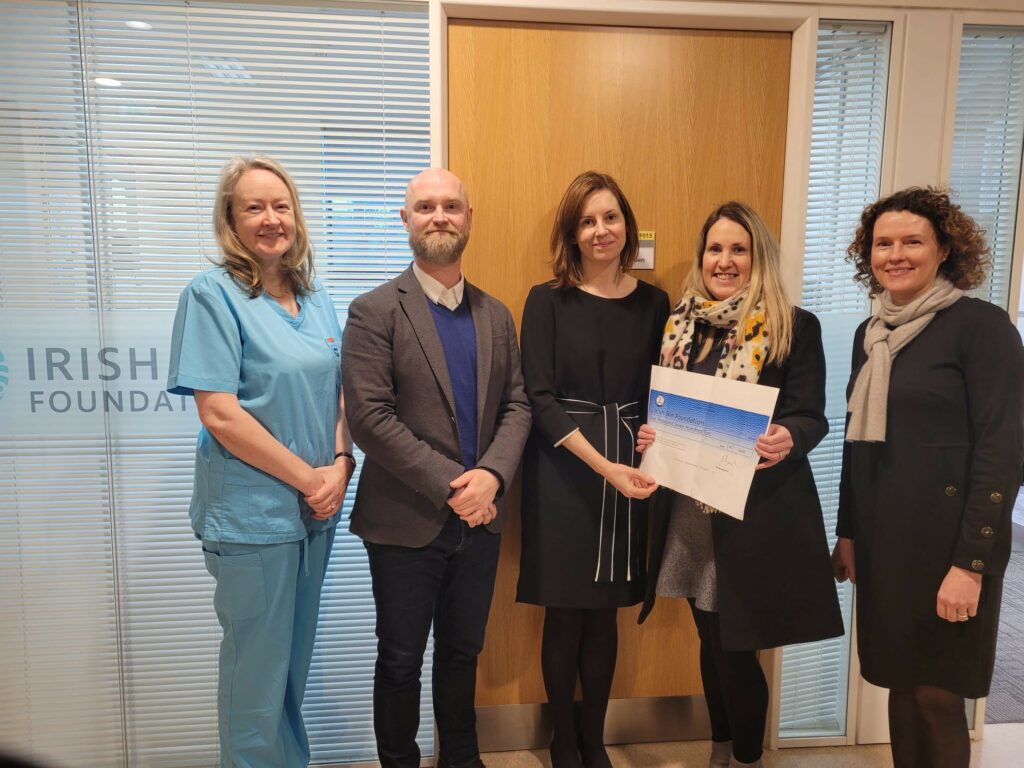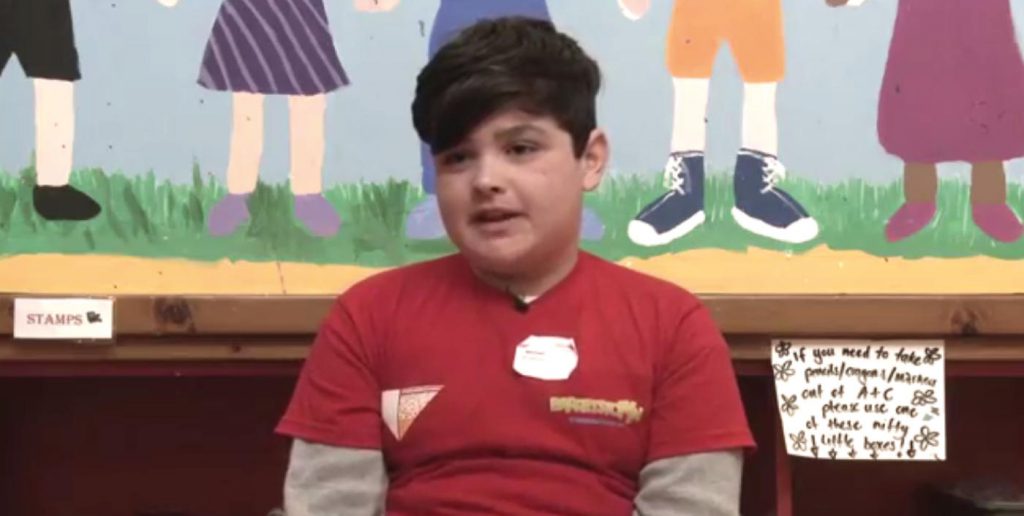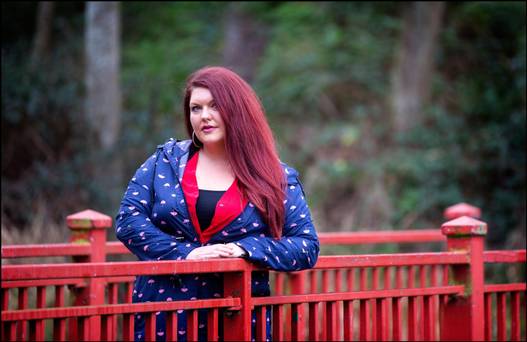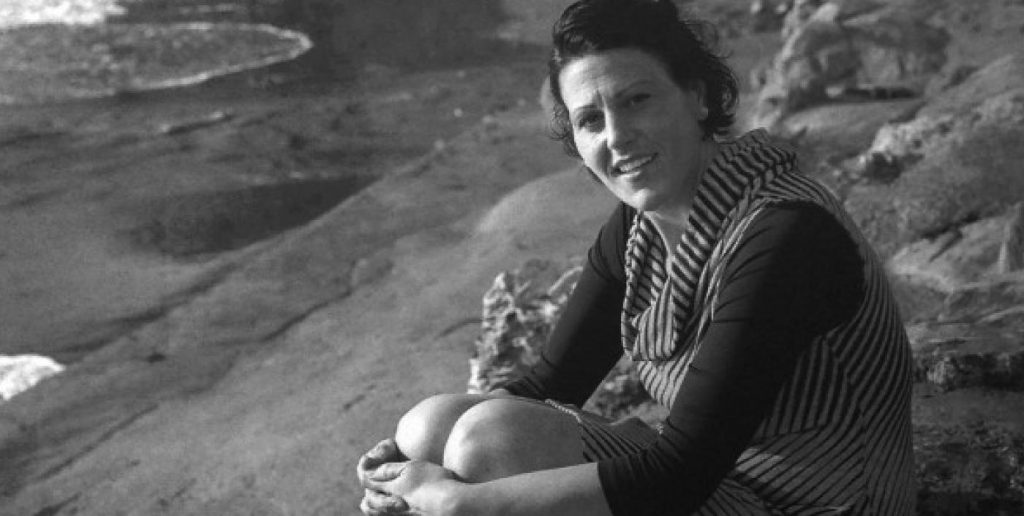Photo: Mother with child with albinism, credits to UN Photo/Marie Frechon
People with albinism often experience discrimination, bullying, social exclusion and sometimes physical attacks, as a consequence of their appearance. The International Awareness Day is a day of celebration as well as reflection on the history of albinism.
On 18 December 2014, the United Nations General Assembly adopted a resolution proclaiming June 13th as International Albinism Awareness Day.
The resolution encourages ‘UN Member States to continue their efforts to protect and preserve the rights of persons with albinism to life, dignity and security’ and to rid misconceptions and discrimination by increasing awareness and understanding of all those with albinism.
What is Albinism?
Albinism is a genetically inherited non-contagious condition that occurs throughout the world. Usually, both parents must carry the gene for it to be passed on, even if they themselves do not show any signs albinism.
Albinism is characterised by a reduction or absence of the pigment melanin. Melanin is a pigment that gives skin, eyes, and hair their colour. It also provides some protection against skin damage from the sun and is responsible for tanning.
There are two main types of albinism: oculocutaneous, affecting the eyes, skin and hair, and ocular, affecting only the eyes. People who have the condition may have partial or complete absence of pigment in the skin, hair and eyes and/or experience impaired vision.
An absence of skin pigmentation makes those with albinism more vulnerable to sunburn and skin cancers. Sun protection is essential and regular skin checks by a dermatologist will assist in the identification and removal of any suspicious growths.
#NotGhosts but people
People with albinism face multiple forms of discrimination worldwide. The UN makes the point that albinism is still profoundly misunderstood – socially and medically.
The physical appearance of persons with albinism is often the object of erroneous beliefs and myths influenced by superstition, which foster their marginalization and social exclusion. These beliefs and myths are centuries old and are present in cultural attitudes and practices around the world. This leads to various forms of stigma and discrimination (learn more here) or follow the conversation in social media with the hashtag #NotGhosts.
Through the support of the World Albinism Alliance (WAA), United Nations, Under the Same Sun and advocacy group’s Worldwide, people with albinism can now look to a brighter and safer future.













